Understanding Hydrogen Rich Water
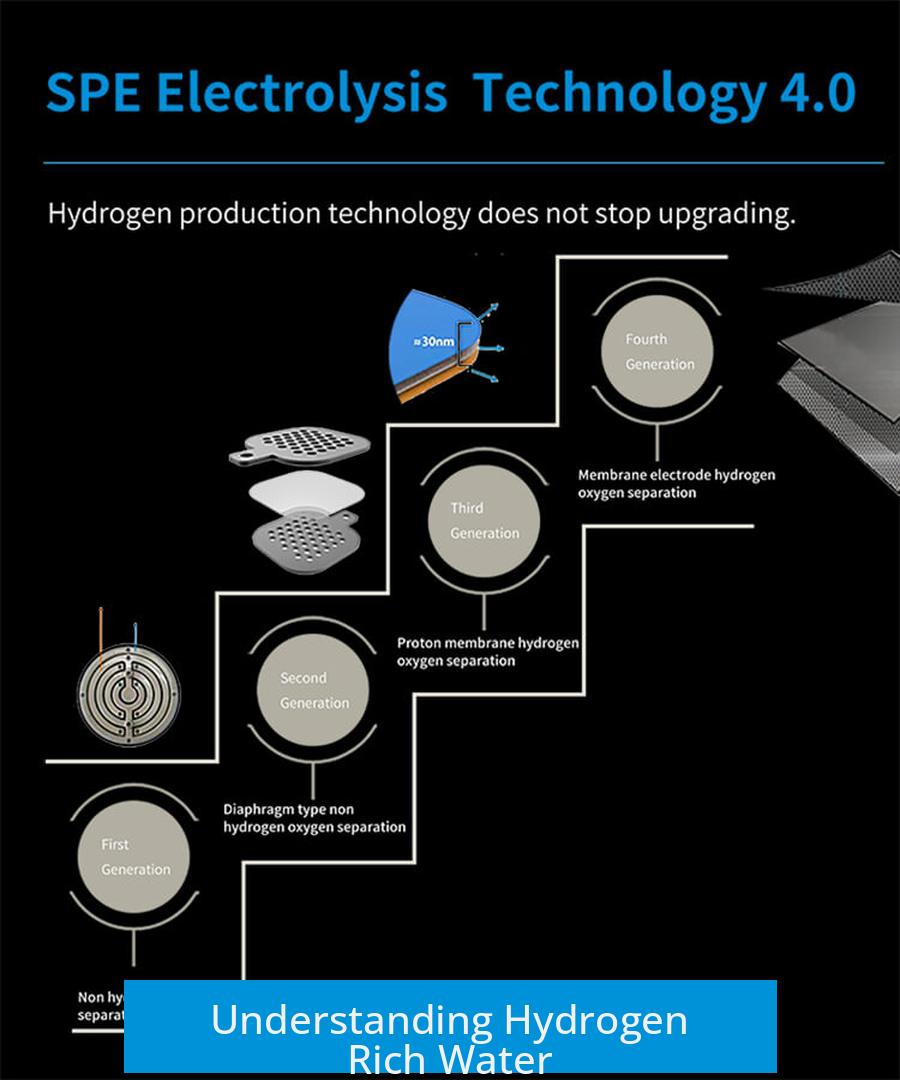
Hydrogen rich water is water that contains dissolved hydrogen gas (H2), but producing and maintaining significant amounts of dissolved hydrogen is very challenging due to hydrogen’s very low solubility in water. This fundamental issue limits the practical availability and stability of hydrogen rich water.
Hydrogen’s Solubility Limitations
Hydrogen gas has an extremely low solubility in water. According to Henry’s law, the amount of gas dissolved in a liquid is proportional to its partial pressure above the liquid. Because hydrogen’s partial pressure in air is minimal, water exposed to air quickly loses dissolved hydrogen.
- Typical H2 solubility in water at atmospheric pressure is around 1.6 mg/L.
- To increase dissolved hydrogen, water must be bottled under high hydrogen pressure.
- Once exposed to normal pressure, hydrogen escapes rapidly, causing the water to “go flat.”
Misconceptions About Hydrogen Rich Water
There is frequent confusion over what constitutes hydrogen rich water. Some confuse it with acidic water rich in hydronium ions (H3O+) or nitrogen-rich water. Others misunderstand hydrogen deficient water, which loses hydrogen gas and becomes alkaline due to hydroxide ions.
- Hydrogen rich water specifically refers to dissolved H2 gas.
- Hydrogen deficient water results when H2 gas bubbles out, leaving basic water.
- Hydrogen rich water is not simply acidic water; acidity relates to H3O+ concentration.
Methods to Produce Hydrogen Rich Water
Bubbling Hydrogen Gas Through Water
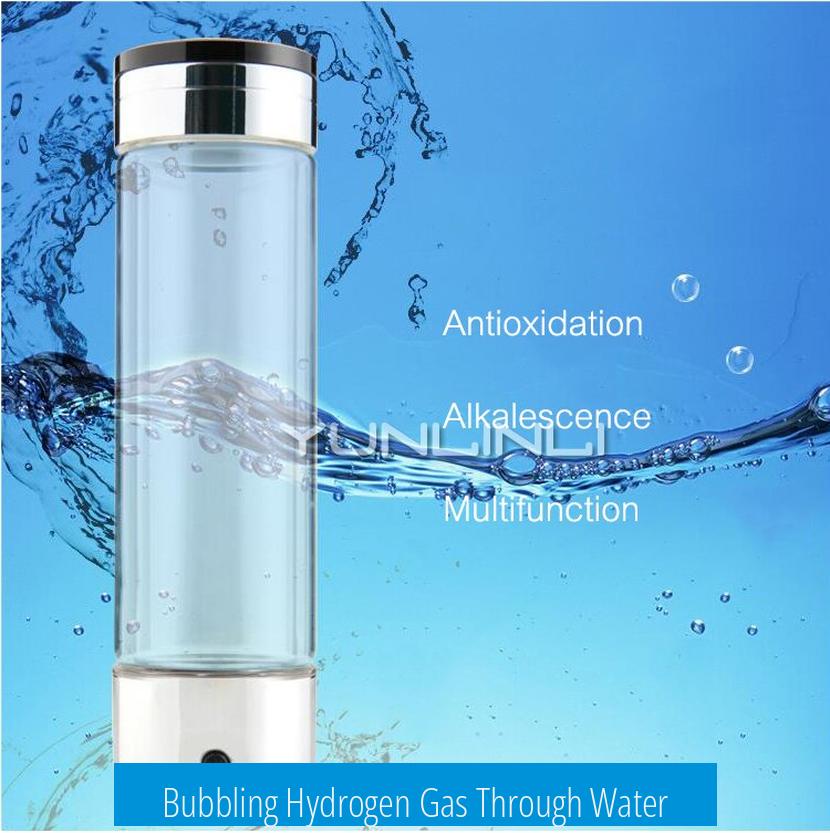
The most direct method involves bubbling hydrogen gas through water to saturate it. This requires a source of pure hydrogen gas, such as a compressed gas tank, and equipment for bubbling the gas safely.
Chemical Generation of Hydrogen Gas
Hydrogen can also be generated in situ by reacting metals like aluminum with strong bases such as sodium hydroxide (caustic soda) in water. This reaction liberates hydrogen gas, which can then saturate the water:
2Al + 6NaOH + 6H2O → 2Na3AlO3 + 3H2 ↑
Safety is paramount in this process due to hydrogen’s flammability:
- Use thin plastic containers with venting to avoid pressure buildup and explosion risk.
- Collect hydrogen gas in balloons or appropriate vessels before using it to saturate water.
- Avoid thick metal containers to prevent hazardous pressure explosions.
Hydrogen Saturation Procedures
After generating hydrogen gas, one can submerge a hydrogen-filled balloon underwater and release hydrogen bubbles to saturate the water.
Considerations Regarding pH and Plant Effects
The production of hydrogen rich water can alter pH by producing hydroxide ions in certain chemical generation reactions. This pH shift may affect plants differently depending on their tolerance to acidity or alkalinity.
- Plants generally tolerate moderate acidity; addition of acids like HCl shows varied tolerance thresholds.
- Hydrogen gas’s biological role is unclear but some plants and microbes possess enzymes that oxidize H2.
- Microbial use of hydrogen could indirectly affect plants through secreted compounds.
One scientific inquiry found that some plants contain hydrogenase enzymes capable of metabolizing hydrogen, but effects on growth remain largely speculative.
Critical View on Marketing and Scientific Claims
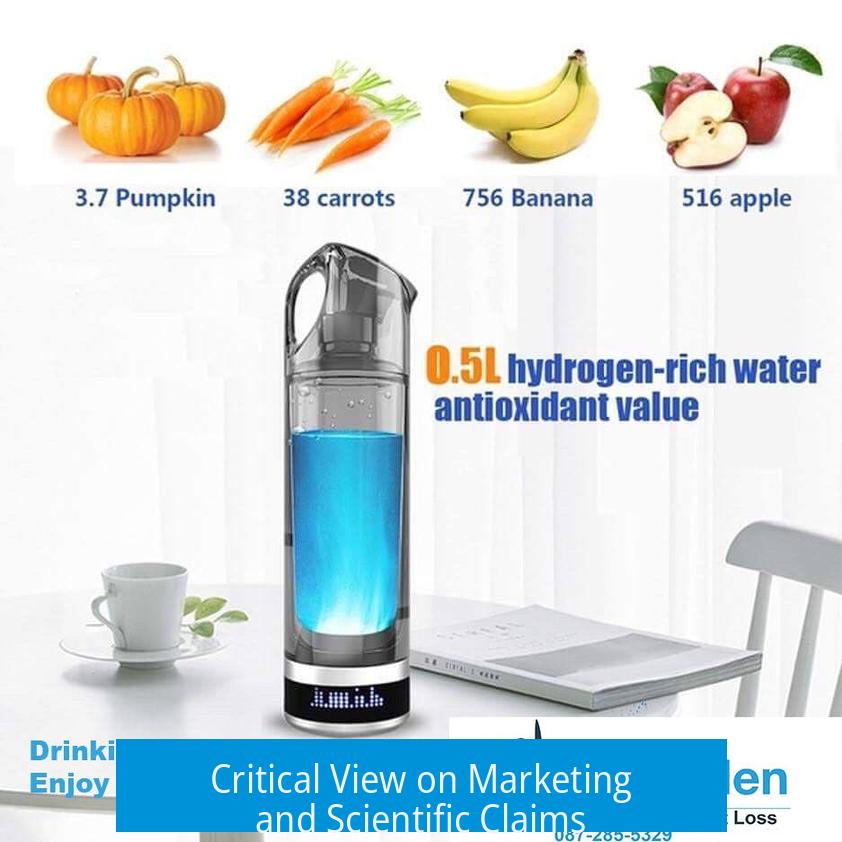
Marketing claims of health or agricultural benefits from hydrogen rich water often lack rigorous scientific support. Comparisons to “alkaline water” or “smart water” highlight skepticism regarding the value of hydrogen-rich water.
- Hydrogen’s low solubility challenges the idea that ordinary bottled or tap water can sustain beneficial hydrogen levels.
- Studies supporting claims may stem from unclear protocols or non-peer reviewed sources.
- Misplaced emphasis on experiments using magnesium for hydrogen generation has drawn criticism for poor methodology.
- Hydrogen peroxide (H2O2) occasionally confused with molecular hydrogen must be distinguished; H2O2 is a reactive oxygen species with pesticidal properties unlike H2 gas.
Key Points
- Hydrogen rich water contains dissolved hydrogen gas, but hydrogen’s low solubility limits its concentration under normal conditions.
- Producing hydrogen rich water usually requires bubbling hydrogen gas through water or chemical generation using metals and bases.
- Safety in hydrogen handling is critical due to flammability and explosion risks.
- The effects of hydrogen rich water on plants are not well established; some enzymatic activity exists but practical benefits are uncertain.
- Many commercial claims about hydrogen rich water are unsupported or misunderstood, resembling other dubious marketing trends in water products.
Unlocking the Mysteries of Hydrogen Rich Water: Science, Myths, and How to Actually Make It
So, what exactly is hydrogen rich water and is it really worth your while? In a nutshell, hydrogen rich water is water infused with molecular hydrogen gas (H2). But—and this is a big but—getting a meaningful amount of hydrogen to dissolve in water is no walk in the park. Let’s dive deeper into the science and separate fact from fancy marketing fluff.
The term hydrogen rich water sounds fancy and healthy, right? Many companies promote it as a miracle elixir. But hydrogen gas is notoriously difficult to dissolve in water. Why? Thanks to Henry’s law, which governs the solubility of gases in liquids.
The Solubility Challenge: Why Hydrogen is a Tough Customer
Hydrogen is super shy when it comes to water. Its solubility is so low that even under normal atmospheric pressure, only a tiny trace dissolves. To get a decent “dose,” you’d need to bottle the water under extreme pressures of hydrogen gas. Imagine bottling your water like carbonated soda but with hydrogen instead of CO2. The problem? Hydrogen’s partial pressure in air is so low that the fizz escapes and the water goes flat fast. That means your “hydrogen rich” bottle loses its edge quickly after opening.
In fact, the amount of hydrogen that actually dissolves in water at atmospheric pressure is so low it seems more like marketing noise—similar to those “alkaline” or “smart” water gimmicks we’ve seen before.
Don’t Confuse Your Waters: Hydrogen Rich vs Acidic vs Nitrogen Rich
Here’s where confusion adds to the mess. Sometimes, when companies or folks talk about “hydrogen rich water,” they’re actually referring to something else entirely. Is it acidic water (which carries hydronium ions, H3O+)? Or maybe nitrogen-rich water? It’s important to make the distinction.
For example, removing hydrogen gas from water leaves behind a “hydrogen deficient” water, which is typically basic. This is not the same as hydrogen rich. And if you add HCl to water, you get acidic water—plants generally don’t mind unless you add too much. So not all “hydrogen” talk is about dissolved H2 gas.
How to Actually Make Hydrogen Rich Water at Home
Ready to roll up your sleeves? Making hydrogen rich water isn’t impossible, just tricky—and requires care.
- Bubbling Hydrogen Gas: The simplest lab-ish way is to get a small hydrogen tank and bubble the gas through water. This saturates the water temporarily. Want a visual guide? There’s a handy video out there (https://youtu.be/7rrbLFPyhsM?feature=shared).
- Chemical Production from Aluminum and Base: Alternatively, react aluminum with sodium hydroxide (caustic soda) in water. This reaction liberates hydrogen gas. Use a thin plastic bucket with lid, poke a garden hose through the lid, and inflate a balloon with the gas. A metal bucket? No thanks! You don’t want an accidental DIY pressure bomb gif on your timeline.
- Hydrogen Saturation: Once your balloon is full of hydrogen, dip it into fresh water and puncture the end so hydrogen bubbles through, saturating the water. Voilà—hydrogen rich water. But remember, this solution is fleeting because of that pesky solubility law.
Is Hydrogen Rich Water a Plant Superfood?
Now for the million-dollar question: Does hydrogen rich water actually promote plant growth?
Surprisingly, plants may not care much. When you add acidic compounds like HCl, plants typically tolerate modest levels. But excess shifts pH out of their comfort zone. There’s a hint that certain microbes and maybe even plants themselves can metabolize hydrogen because of specialized enzymes. An article published in MDPI suggests some plants might have hydrogen-oxidizing enzymes. This means the story isn’t fully black and white, but evidence of substantial benefit is thin.
If you want to test effects yourself, be cautious—hydrogen gas is highly flammable.
Marketing vs Science: Why Many Claims Just Don’t Hold Water
There’s a fair bit of skepticism about the supposed health or gardening benefits of hydrogen rich water. The science community views many claims with raised eyebrows. It’s often just a misunderstanding or overextension of small experimental results.
For instance, some experiments use magnesium to generate hydrogen gas and claim benefits. That’s a shaky approach because magnesium introduction changes water chemistry beyond just adding hydrogen. A proper test should isolate hydrogen itself, not confound variables. Otherwise, you’re comparing apples to magnesium… or something like that.
The marketing blitz around “hydrogen rich” or “alkaline” water echoes the “smart water” hype—lots of buzz, little concrete proof. Also, vague references to “recent studies” without clear sources do little to convince smart consumers. Unfortunately, such studies sometimes originate in marketing departments rather than reputable labs.
How Does This Fit into Hydroponics and Plant Care?
Hydroponic farmers routinely use acid additions like phosphoric acid to manage pH. If hydrogen rich water were a super plant booster, it’d probably have shown up widely there by now. Plus, any pesticidal effects observed in hydrogen experiments often confuse hydrogen gas with other agents like hydrogen peroxide. Need pesticide action? Just add hydrogen peroxide directly—it’s a known and effective agent.
Summary: The Real Deal on Hydrogen Rich Water
- Hydrogen rich water is tough to make with meaningful hydrogen levels due to the gas’ low solubility.
- You can create it by bubbling hydrogen gas through water or producing hydrogen chemically, but safety is crucial.
- Plant benefits from hydrogen rich water remain unproven and likely minimal.
- Confusion abounds—hydrogen rich water is often mixed up with acidic or nitrogen rich water.
- Many marketing claims don’t hold water when scrutinized closely.
If you’re intrigued by hydrogen rich water, approach with curiosity but keep your skeptics hat firmly on.
Would you try making hydrogen rich water at home? Or are you more interested in sticking to good old-fashioned H2O with a slice of lemon? Either way, understanding the science behind these claims can save you from pouring money down the drain—or worse, inflating balloons with DIY hydrogen bombs.


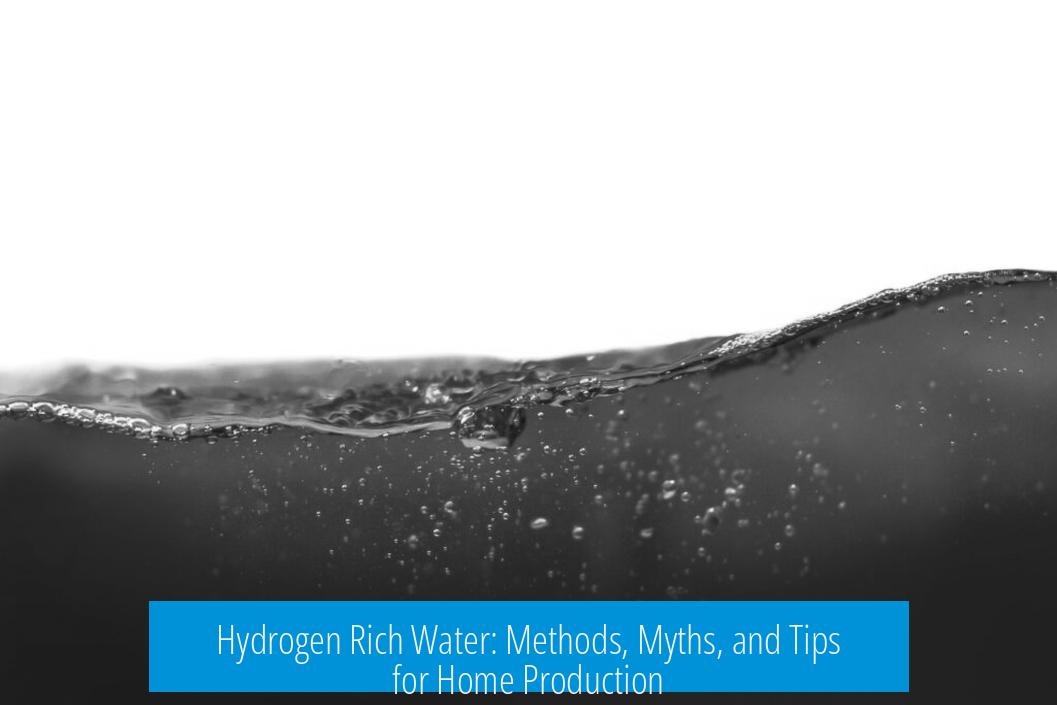
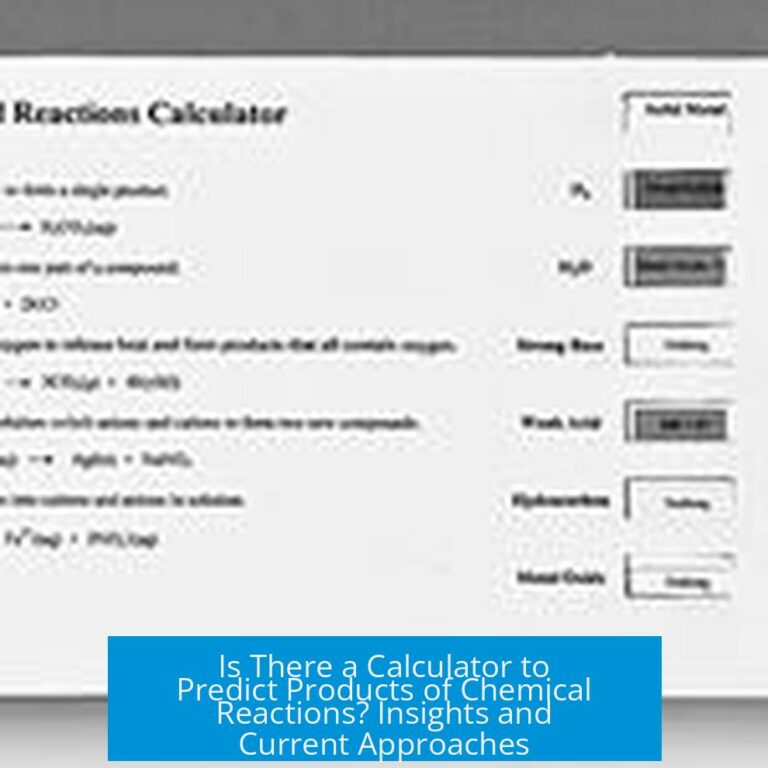
Leave a Comment